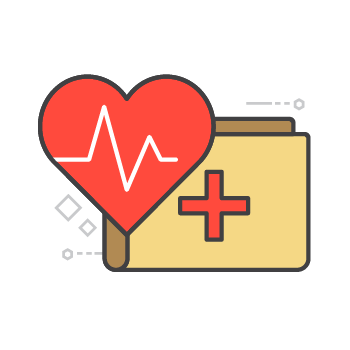Know the Facts About…Irritable Bowel Syndrome
by Karen Rollins May 13, 2019

Irritable bowel syndrome (IBS) is a common condition that affects the digestive system and causes symptoms like stomach cramps, bloating, diarrhoea and constipation.
Sufferers say living with this chronic issue is painful and frustrating and can lead to other health problems such as mood swings, anxiety and depression.
Unfortunately there is no cure, but changes to your diet and lifestyle can often help to keep the symptoms of IBS under control.
What are the symptoms?
The signs and symptoms of IBS vary from person to person but some of the most common ones include:
– Abdominal pain, cramping or bloating that is typically relieved or partially relieved by passing a bowel movement
– Excess gas
– Diarrhoea or constipation — sometimes alternating bouts of diarrhoea and constipation
– Mucus in the stool
What can be done to help?
Even though the cause of IBS is unknown there are proven ways to relieve some of the symptoms.
Stress is strongly linked to IBS issues so try to find a way to help your body relax. This can be through mindfulness, yoga or breathing techniques.
Finding out what triggers your IBS is one of the keys to controlling the symptoms. Keep a food diary and write down everything you eat and drink to see which foods or types of food might be exacerbating your condition. (https://woodlees.com)
Try to maintain a balanced diet by eating five fruit and vegetables a day and cut out foods which the body finds hard to process like wheat, caffeine, excess sugar or ingredients which act as laxatives.
Exercising is known to boost your mood, and also helps the body carry out certain vital functions including eliminating waste, so try to do some form of moderate exercise at least three times a day such as walking or cycling.
Remember to consult a doctor if your symptoms persist for longer than usual or get worse.
Sources: WebMD / Mayo Clinic / NHS UK








